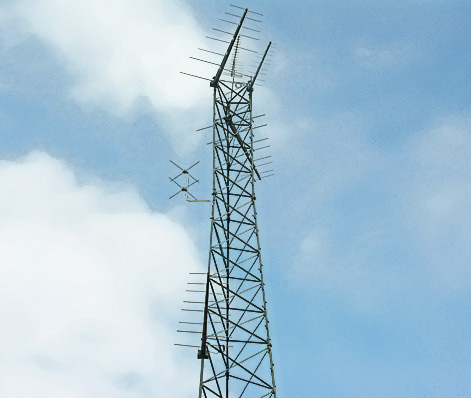 Rumors are circulating that Verizon is considering buying Comcast. Largely ignoring the horrible public policy and anti-competitive issues, the deal would make sense from various technology standpoints.
Rumors are circulating that Verizon is considering buying Comcast. Largely ignoring the horrible public policy and anti-competitive issues, the deal would make sense from various technology standpoints.
Consider:
- Comcast runs one of the largest Wi-Fi networks in the U.S. Verizon needs Wi-Fi as a critical element of offloading traffic from its cellular/PCS/AWS networks. Cellular nodes, like Wi-Fi nodes can be installed and provisioned in less than an hour.
- Comcast has significant cable passings in New England, New York, Pennsylvania, Georgia, Florida, Texas, Colorado, California, and Washington State, with smaller footprints in New Mexico, Alabama, Mississippi, Arizona, and the Twin Cities. Comcast is already where Verizon wants to be for 5G+…150 feet from the customer.
- Comcast has largely been able to deploy Wi-Fi nodes without local governments applying their various wireless ordinances to those installations. Verizon will argue that installing Wi-Fi/5G+ nodes should be exempt from local wireless ordinances.
- Comcast’s backhaul and inter-city fiber network is national and dynamic. Verizon can utilize that network to increase its own inter-city transport capacity keeping much more of its wireless traffic on its own end-to-end network.
- Verizon can (and should) do what Comcast has not: Get rid of coaxial subscriber drops in favor of wireless drops, which would tremendously reduce the cable network in-home maintenance and labor force costs for Verizon.
There are other reasons why a Verizon purchase of Comcast would make sense, not the least of which would be to battle back against AT&T’s purchase of DirecTV and the Time Warner programming assets.
Will Dish Network be next to fall? How about SiriusXM?
In this new Tumpian era, what would have been unthinkable a week ago might need some rethinking.
Jonathan
 The Los Angeles Times (called the Los Angeles Dog Trainer by Harry Shearer) published an article today entitled, “Listen: Is this the all-time most horrible cable service call, ever?”
The Los Angeles Times (called the Los Angeles Dog Trainer by Harry Shearer) published an article today entitled, “Listen: Is this the all-time most horrible cable service call, ever?”